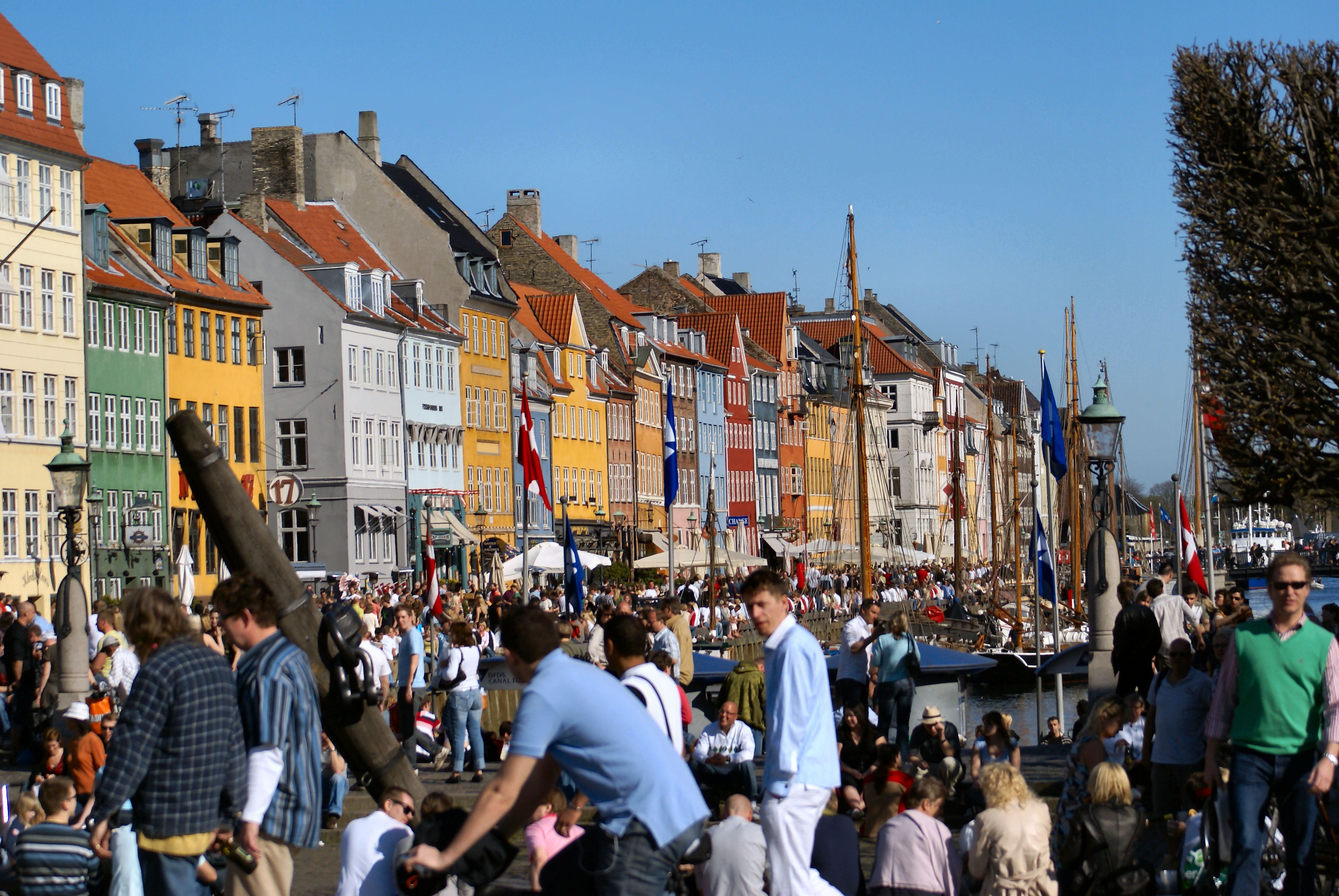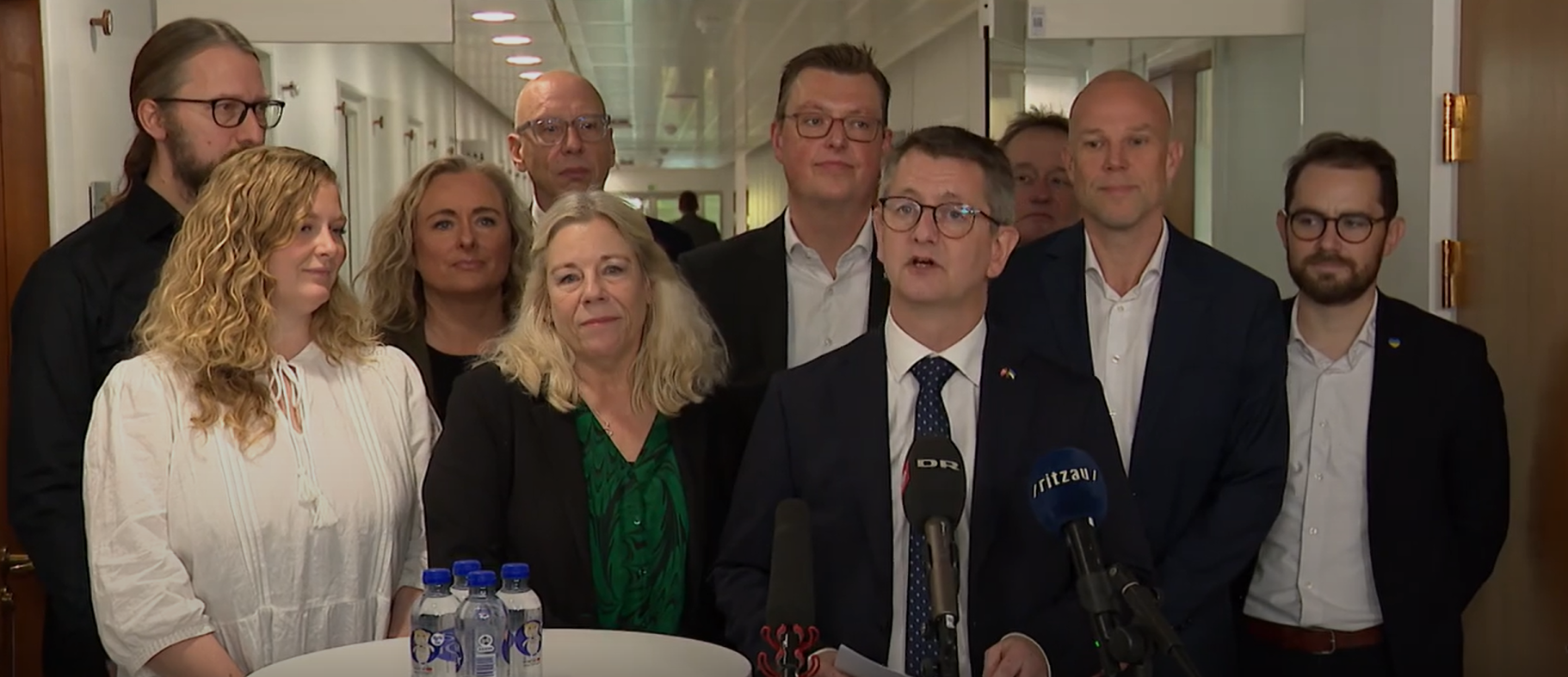Yesterday’s local election tipped the balance of power to the right-wing, but not as much as both polls and analysts had initially predicted.
The centre-left Socialdemokraterne (S) remain the largest party in Denmark’s 98 councils with 29.5 percent of the overall vote, while the centre-right Venstre came in at second with 26.6 percent of the vote.
Despite remaining the largest party, S lost 1.1 percent of the vote compared to 2009, while Venstre picked up 1.8 percent.
Won the election, lost power
Venstre is backed by a strong bloc of right-wing parties that support their candidate for mayor and, once the final negotiations are complete, the party is expected to control more councils than S.
Venstre has so far taken 15 councils from S, three from Konservative and one from minor party Borgerlisten.
But it’s not all one way. S managed to take over two councils from Venstre and four others from three different parties.
READ MORE: Left or right, it doesn't matter when the budgets are tight
Voters move to the fringes
Konservative managed to win five new councils, despite the party dropping from 11 to 8.6 percent nationally, and clung on to their traditional seat Frederiksberg, which the party has held for 104 years.
The right-wing was given a boost with Dansk Folkeparti climbing two percent to 10.1 percent of the national vote, while Liberal Alliance jumped from 0.3 to 2.9 percent. In addition to securing a deputy mayor position in Copenhagen, DF may end up with the mayor's position in Hvidore, where negotiations are still continuing.
Centrist Radikale, which can support both the right and left wings, enjoyed a one percent increase in support to 4.8 percent and won the mayorship of one new council.
Enhedslisten the biggest winner
Left-wing voters moved even further left, as the Socialistisk Folkeparti haemorrhaged voters, dropping from 14.5 percent in 2009 to 5.6 percent. The big benefactor was the far-left Enhedslisten, which more than tripled its vote to 6.9 percent nationally and roughly doubling in Copenhagen to 19.5 percent.
Enhedslisten’s strong performance in Copenhagen kept Mayor Frank Jensen (S) in power for another four years.
READ MORE: Enhedslisten flexes new muscle while PM's party defies the polls
Big cities stay red
S also won by convincing margins in Denmark’s second and fourth largest cities, Aarhus and Aalborg respectively.
The party almost lost Odense – Denmark’s third largest city – to Venstre, which more than doubled its support to 23.2 percent. Support for S in Odense dropped slightly but still beat Venstre with 28.7 percent.
The far-right party Danskernes Parti – which enjoyed a lot of media attention ahead of the election for its demand to deport Danes with non-Western backgrounds – only secured around 7,000 votes nationally.
At the time of publication, there were still six councils that have yet to decide on a mayor.
2013 Local elections – National results
| 2013 result (%) | Change from 2009 (%) | |
| Enhedlisten | 6.9 | +4.6 |
| Socialistisk Folkeparti | 5.6 | -8.9 |
| Socialdemokraterne | 29.5 | -1.1 |
| Radikale | 4.8 | +1.1 |
| Venstre | 26.6 | +1.8 |
| Konservative | 8.6 | -2.4 |
| Liberal Alliance | 2.8 | +2.6 |
| Dansk Folkeparti | 10.1 | +2.0 |
| Other parties | 5.0 | +0.4 |











